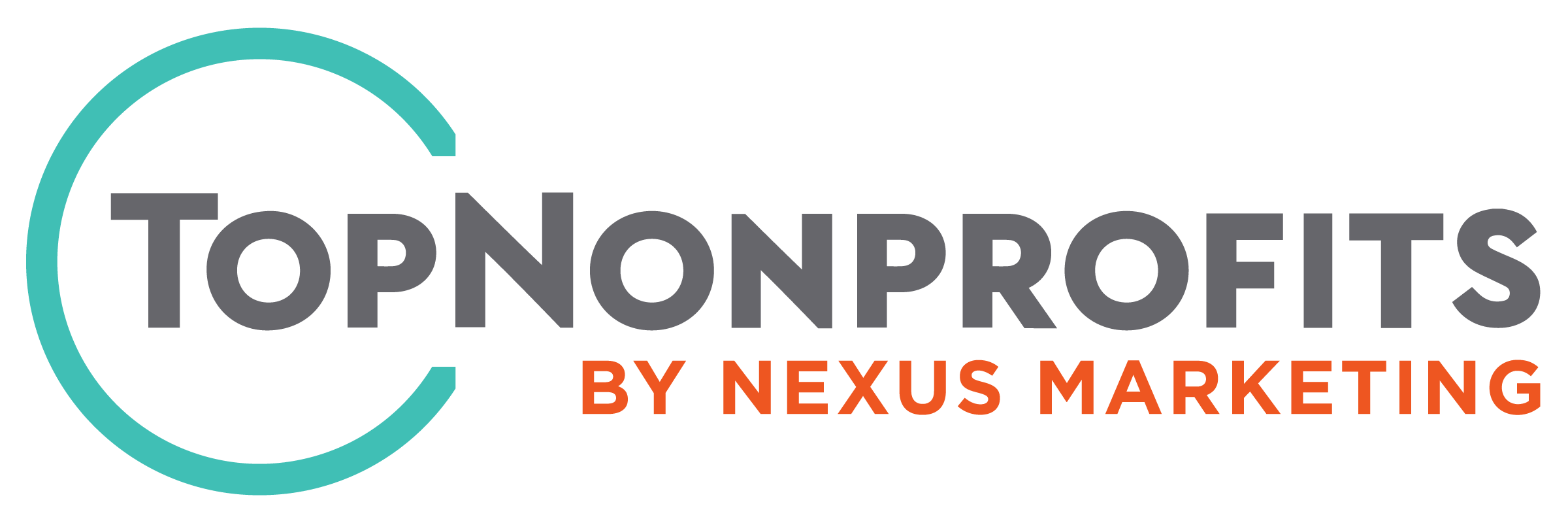Is your nonprofit ready to take on AI fundraising? From identifying potential major or planned donors to increasing the effectiveness of your marketing efforts, AI solutions open many new doors for nonprofit fundraising.
However, you’ve probably heard about some of the challenges associated with AI fundraising. This technology is evolving every day, presenting unique considerations for nonprofits.
But you shouldn’t let challenges deter you from exploring AI solutions that can increase your fundraising return on investment. Let’s review four AI fundraising challenges and tips to mitigate them.
1. Ethical concerns
Because AI fundraising solutions leverage donors’ personal information, there are several ethical considerations to keep in mind when using these tools. Nonprofits must consider ethical concerns such as:
- DEI considerations: AI algorithms can unintentionally introduce bias into the prospect development process if they’re trained using data that doesn’t reflect the diversity of your community.
- Due diligence: Your AI solution might recommend requesting donations from individuals or organizations that don’t align with your values.
To mitigate these ethical risks, you’ll need to carefully vet your prospect research or predictive modeling solution to ensure that it takes active steps to eliminate bias from the modeling process. Search for a predictive analytics tool that leverages your internal data to create personalized recommendations that foster diversity and inclusion in your fundraising efforts.
Also, develop policies to help the AI solution decide whether to accept gifts from certain sources. This can help identify any potential risks during the predictive modeling process and apply uniform standards across the board to remove certain prospects from your pool.
2. Data privacy
Maintaining compliance with data privacy regulations is another common concern when it comes to AI fundraising solutions.
Keeping sensitive donor information, like addresses and payment details, secure requires vigilance over both internal and external data sources. This includes your internal database or CRM and any external AI solutions you use, like prospect development tools.
To keep donor’s information safe, implement data security measures such as:
- Encryption
- Access controls
- Multifactor authentication
- Lengthy passwords
Consider working with a data analytics consultant to help ensure your data management processes are secure. BWF’s CRM consulting guide explains that these professionals can audit your current technology and revamp your internal operations to ensure they follow current best practices and serve your unique fundraising goals.
3. Staff knowledge
Like any new fundraising process, your staff members may need time to get up and running with AI solutions.
Develop a robust training program that gets staff members comfortable with these tools. Cover topics like:
- The basics of your AI solution
- Data management best practices
- Ethical considerations to keep in mind
Provide clear documentation that staff members can reference at any point. Above all, be sure to emphasize the benefits of AI fundraising so staff members understand why your nonprofit is using these tools.
4. Audience mistrust
Stakeholders such as donors, corporate sponsors, grant funders, foundation donors, and other supporters may feel wary of AI solutions, and their concerns aren’t unfounded. These solutions are still new and evolving every day
To reassure stakeholders that you’re taking all necessary precautions, clearly communicate the benefits of AI fundraising solutions and your efforts to mitigate risks.
Share success stories to highlight the positive role AI solutions play in improving your fundraising efforts. For example, you may discuss how you’ve used AI to develop personalized marketing materials which have increased your response rates by 40%.
When stakeholders see the positive changes that AI solutions can bring, they’ll be more likely to be supportive of these solutions.
AI fundraising will only continue to evolve and become more prevalent, making it worthwhile to create a plan to alleviate challenges now. Establishing standardized guidelines will ensure that you can continue fundraising efficiently while maintaining stakeholder trust.
